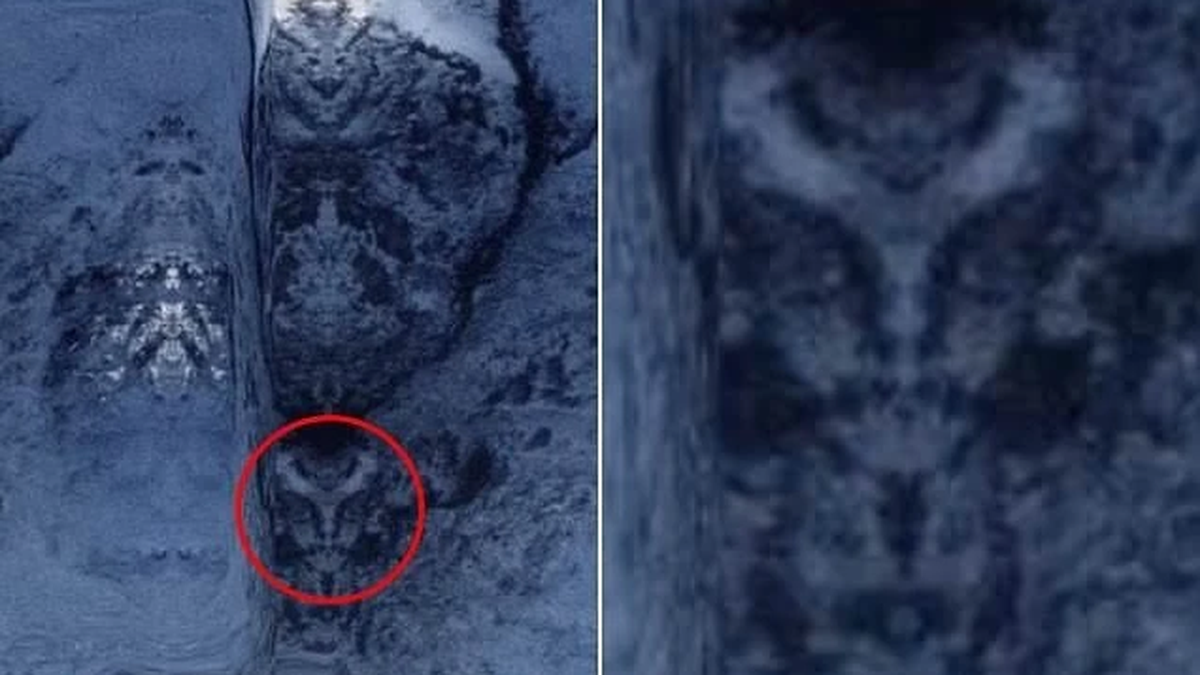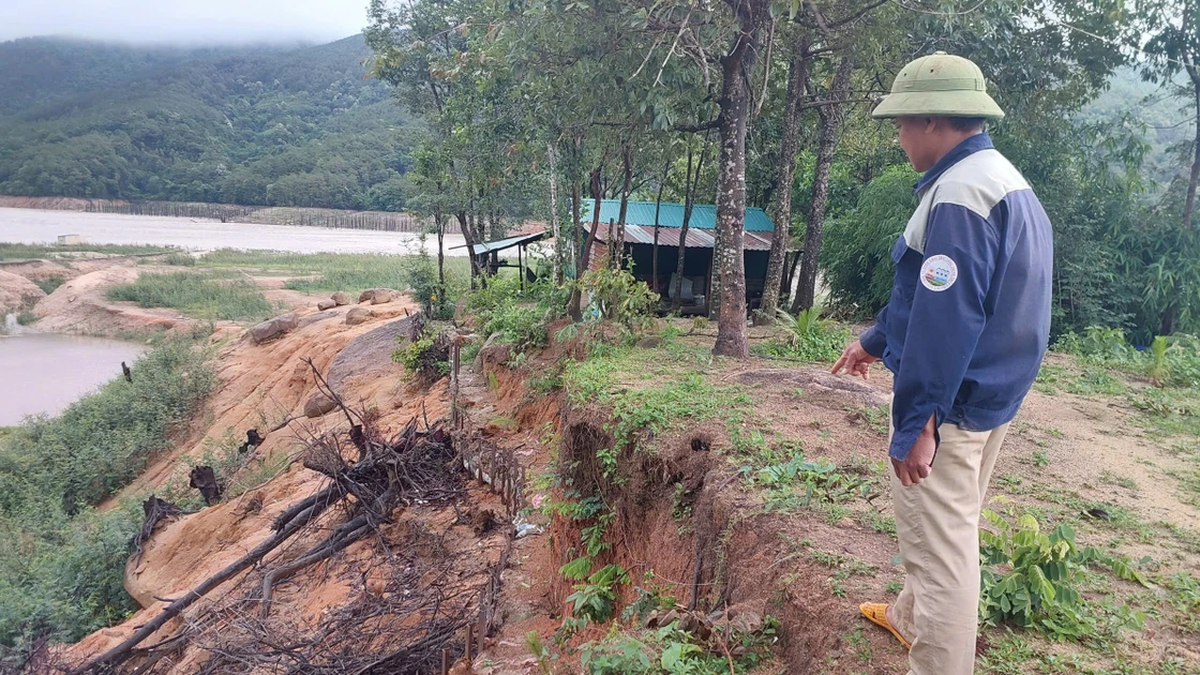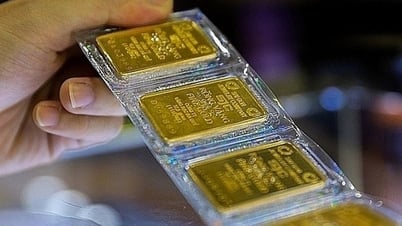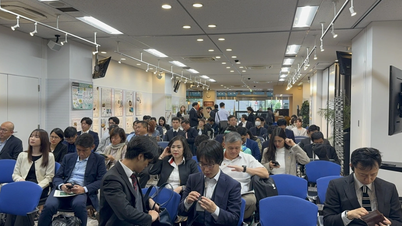You just cleaned the house but still have a fishy smell in the air? It's not because you're too sensitive. Science points out many real causes behind this phenomenon: from anaerobic microorganisms, algae, to water quality and floor tile structure...
Mop – “bacteria nest” if stored incorrectly

Science has pointed to a range of causes for this phenomenon – from anaerobic microorganisms and algae to tile structure and water quality (Photo: Getty).
According to a study by the University of Arizona, if not cleaned properly, mops can harbor up to millions of bacteria, including odor-producing strains such as Pseudomonas aeruginosa or Clostridium perfringens – which thrive in humid, oxygen-depleted environments.
When in an anaerobic state, these bacteria produce compounds such as hydrogen sulfide (H₂S) – which smells like rotten eggs, ammonia, and volatile organic acids. These substances are easily diffused in the air, creating a fishy smell after cleaning the floor, especially on ceramic tile surfaces.
Experts recommend that cleaning tools such as mops should be cleaned after each use and dried completely to avoid odors, mold and disease-causing bacteria.
Phosphate in floor cleaner
Some floor cleaners contain phosphates, which not only pollute the environment but also promote the growth of algae and bacteria in the water.
According to the US Environmental Protection Agency (EPA), when algae thrive and then decompose in the absence of oxygen, they release sulfur gases and volatile sulfur compounds that are directly responsible for the unpleasant fishy smell.
Foam floor tiles
A report by the American Ceramic Society says that cheap, substandard ceramic tiles are often porous and contain many microvoids.
These micro-pores absorb water, retain moisture and create ideal conditions for microorganisms to grow. Some also contain sulfur residue from the manufacturing process, which when exposed to water releases foul-smelling gases.
In high humidity or wet weather, tile floors are not only prone to mold but can also "release odors" due to the reaction between bacteria in the pores and water vapor from the mop.
Domestic water quality
According to the World Health Organization (WHO), domestic water contains large amounts of dissolved organic matter such as dirt, biological debris or organic iron. If not thoroughly treated, it will be an ideal environment for bacteria to decompose and form volatile compounds such as trimethylamine (TMA) or dimethyl sulfide (DMS).
Both are responsible for a fishy smell in the air, like that of seafood or stagnant pond water.
Solution to clean house without smell
To limit the fishy smell after cleaning the floor, the US CDC recommends that people should:
- Change the mop water after each dip.
- Use a phosphate-free cleaning solution.
- Wash and dry the mop in a dry, airy place.
- Clean the mop bucket regularly and let it dry completely.
Additionally, switching to a steam mop is an effective option, according to the American Cleaning Institute (ACI). The high temperatures from the steam can kill up to 99.9% of common household bacteria and mold, while leaving no excess moisture on the floor, reducing the risk of odors.
However, even when using modern equipment, the basic principle of “clean - dry - airy” still needs to be maintained. A clean house is not enough, it needs to be cleaned properly so that there is no lingering fishy smell after each cleaning.
Source: https://dantri.com.vn/khoa-hoc/lau-nha-xong-co-mui-tanh-nguy-co-gi-cho-suc-khoe-20250616081957230.htm























![[Photo] Discover the "wonder" under the sea of Gia Lai](https://vphoto.vietnam.vn/thumb/1200x675/vietnam/resource/IMAGE/2025/8/6/befd4a58bb1245419e86ebe353525f97)

![[Photo] Nghe An: Provincial Road 543D seriously eroded due to floods](https://vphoto.vietnam.vn/thumb/1200x675/vietnam/resource/IMAGE/2025/8/5/5759d3837c26428799f6d929fa274493)







































































Comment (0)